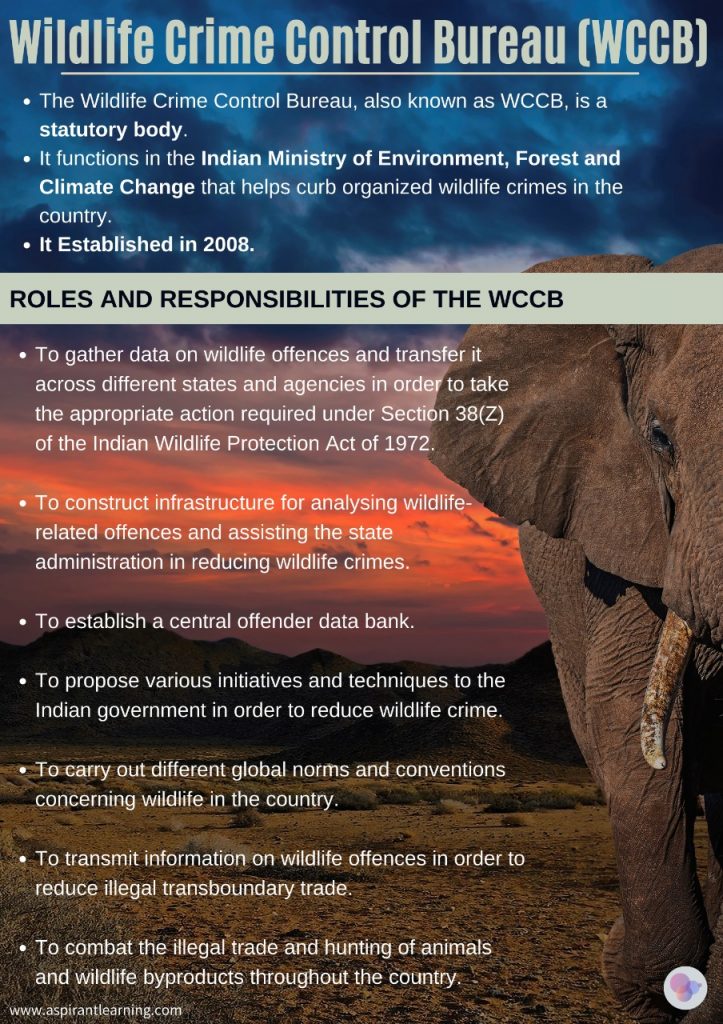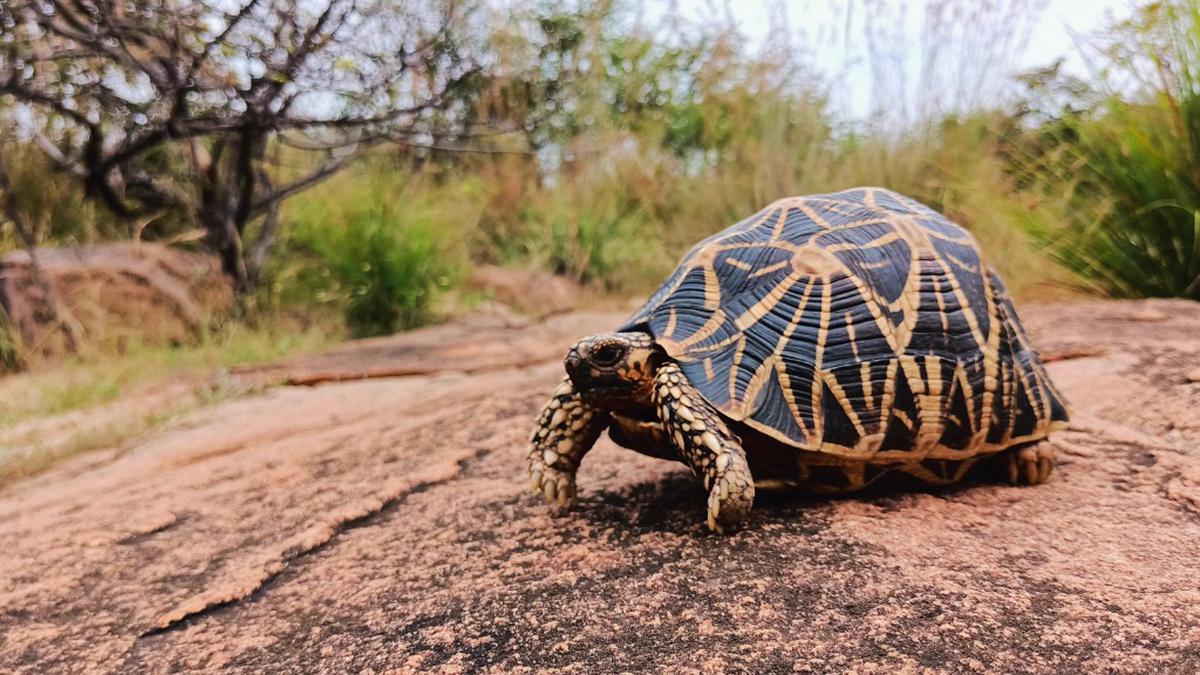News Highlight
Indian star tortoise faces twin challenges of habitat loss and genetic diversity, finds a study.
Key Takeaway
- A recent study on the Indian star tortoise (Geochelone elegans), found throughout South Asia, indicated that the species had high genetic diversity.
- In addition, habitat has suffered significant losses due to extensive illegal trading.
- The study’s authors have also expressed worry over unprofessional translocations that have resulted in genetic mixing across various groups.
- Furthermore, it makes genetic segregation of accessible populations difficult.
Indian Star Tortoise
- Habitat
- Indian star tortoises are distributed throughout the Indian subcontinent, notably in Central and Southern India, West Pakistan, and Sri Lanka.
- In addition, it prefers dry, open environments, including scrub forests, grasslands, and rocky outcroppings.
- Protection Status
- IUCN Red List: Vulnerable
- Wild Life Protection Act 1972: Schedule IV
- Convention on International Trade in Species (CITES): Appendix I
- Schedule IV
- Schedules III and IV contain species that are not endangered.
- This comprises protected species that are not hunted, although the penalty for any infraction is less severe than in the first two schedules.
The threat to Indian star tortoises
- Firstly, the species faces two challenges: one is a threat to its habitat, and the other is a loss of genetic variation.
- In addition, the species’ extremely fragmented habitat is strongly influenced by rising urbanisation and agricultural operations.
- Indian star tortoises have lost genetic variation due to the subsequent hybridisation of these species over time.
- Furthermore, the Wildlife Crime Control Bureau estimates that 90% of the Star Tortoise trade occurs as part of the worldwide pet market.
Indian Star Tortoises – Distribution
- Indian Star Tortoises are found in India.
- In addition, it extends to Sindh province in Pakistan.
- Indian Star Tortoises are also found in Sri Lanka.
- Furthermore, Indian Star Tortoises are found in scrub forests and dry areas.
- In India, they are found in Odisha, Kerala, Tamil Nadu, Karnataka, Gujarat, and Punjab.
Challenges faced by Freshwater turtles
- Firstly, plastic bags and other waste, which the turtles mistake for jellyfish
- Cigarette butts
- Fishing lines and hooks
- Boat and propeller collisions
- Entanglement and drowning in nets, ropes, floats or traps
- Habitat destruction, poor water quality and seagrass depletion
- Deliberate acts of cruelty
- Diseases.
CITES Appendix I
- Firstly, Appendix I contains the most endangered animals and plants on the CITES list.
- Because they are on the verge of extinction, CITES prohibits international trade in their specimens, except for noncommercial imports such as scientific research.
- If the issuance grants import and export permits, trade is permissible in certain exceptional circumstances.

Pic Courtesy: The Hindu
Content Source: The Hindu



